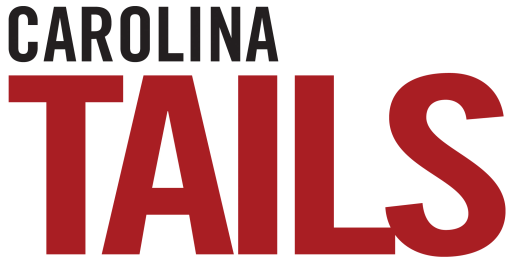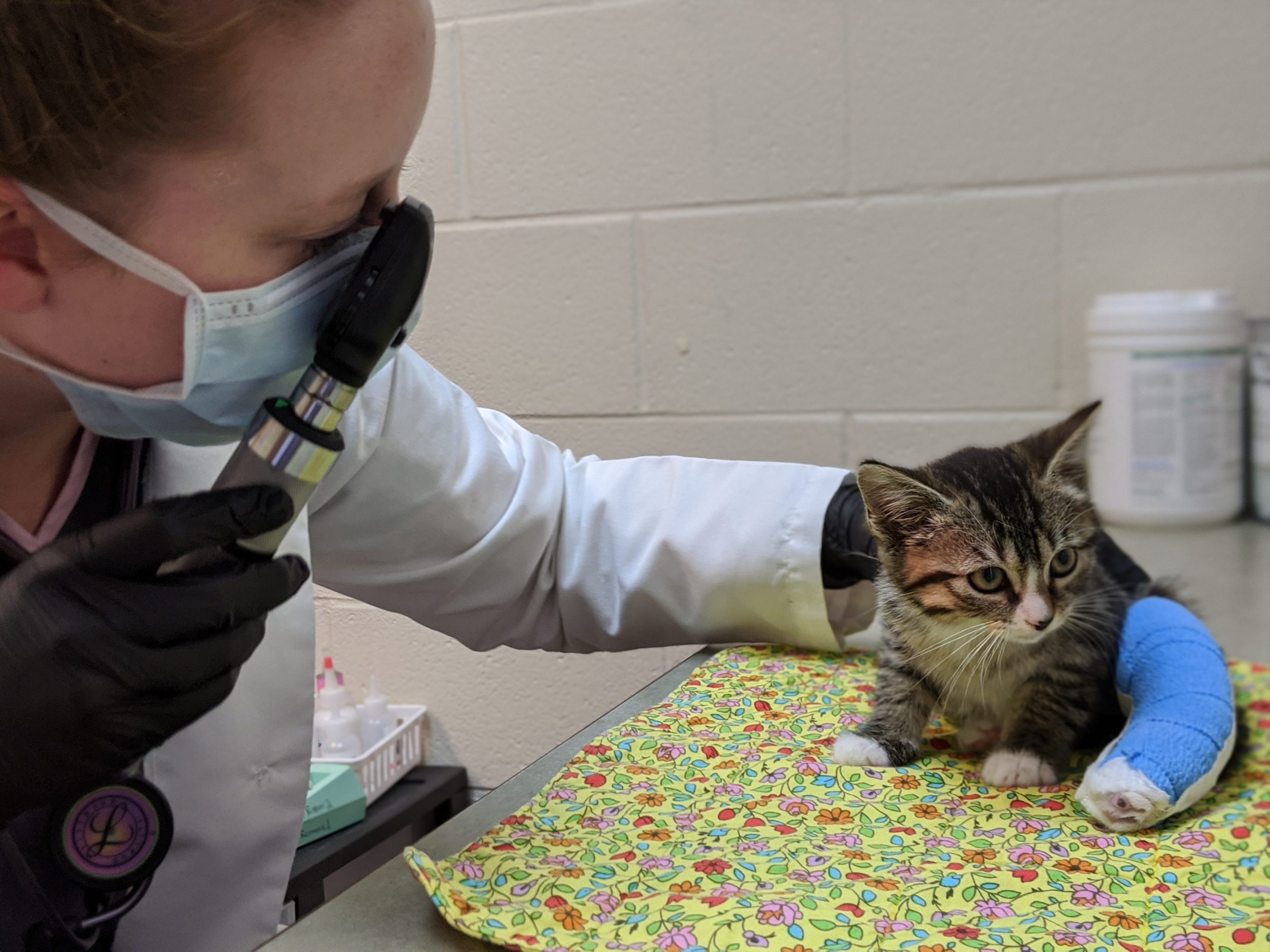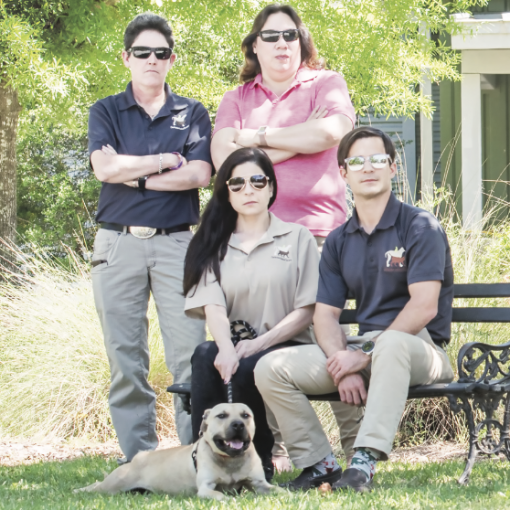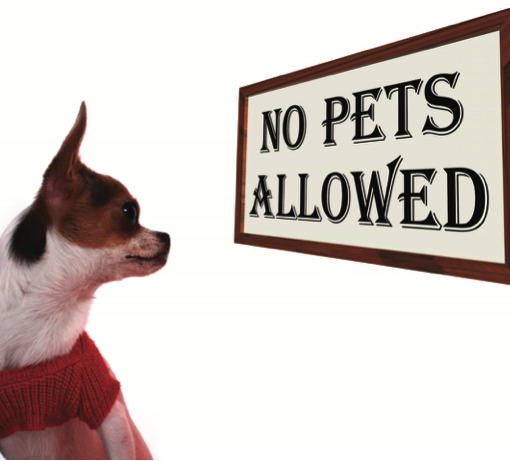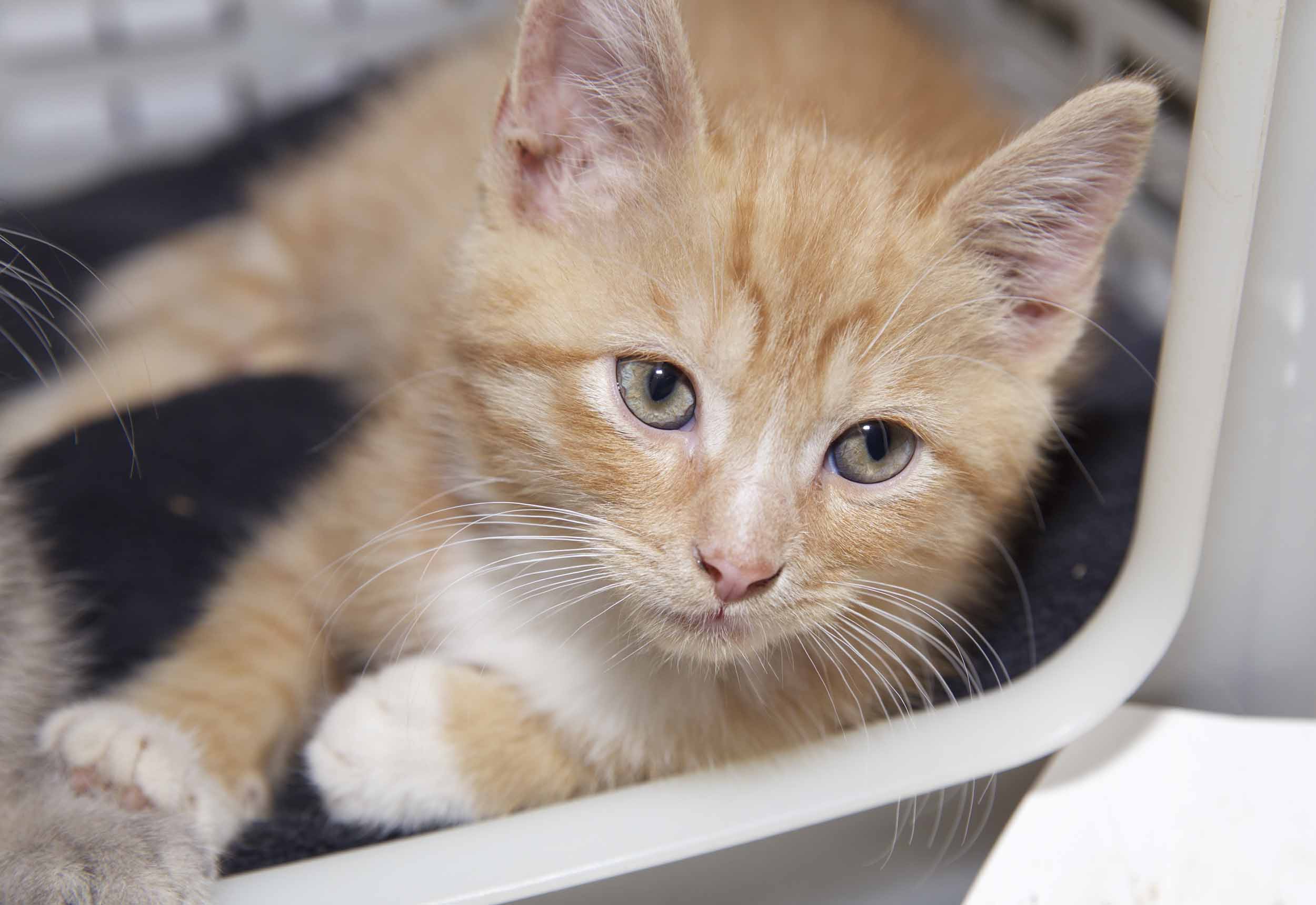Neither animal control (the collection of stray animals), nor animal care (the sheltering and disposition of those animals), can effectively operate prevention and response strategies independent of each other, but that has always been the paradigm in our community. The Animal Society has approximately 800 animals in its care as I write this, yet its shelter has capacity for approximately 230.
Since the opening of its current shelter on North Charleston’s Remount Road in March 2008, it has been overcapacity. In September alone, 1,000 animals entered Charleston Animal Society, the local government’s designated shelter, primarily funded through donations, that takes in over 90% of the animals throughout Charleston County.
As much as the Animal Society has managed this burden throughout the years, it is no longer sustainable, and the plight of animals in the greater Charleston area is at a perilous crossroad.
EUTHANIZING ANIMALS ON THE RISE
An increasing number of animal shelters across South Carolina and the country have begun euthanizing animals, especially dogs, due to a lack of space in shelters and a continuing absence of local or state government investing in prevention, primarily spay/neuter strategies.
However, the negligence of local governments to effectively plan, prepare, and respond to this public health and safety issue has brought it to a breaking point. Quite frankly, the chickens have come home to roost.
Charleston Animal Society’s shelter is adequate for only one principal municipality, such as Charleston or North Charleston, or the unincorporated county, but not all of them.
Government funding covers only about half of the costs for animals brought to the shelter from within Charleston County. Although animal sheltering of local Charleston County animals accounted for approximately 40% of the Animal Society’s budget last year, government funding covered only about 20%. The Animal Society cannot continue carrying government’s responsibility.
FAIR AND FULL FUNDING NEEDED
As the Animal Society continues to greatly subsidize the approximately $2.5 million annual shortfall of local government, it cannot meaningfully invest in spay/neuter efforts to curtail the overpopulation. The lack of public policy in this area compounds this public health and safety issue.
Summarily killing animals as a response to an overcrowded sheltering system neither mitigates the overpopulation nor the public health and safety risks. This has been proven time and again across our state, region and country.
Exacerbating the situation is the acceleration in the nationwide intake of animals. Areas such as Charleston County and the state that are experiencing rapid human population growth are more adversely affected. Contributing to this crisis are several variables, such as
- Inadequate funding of both sheltering and spay/neuter strategies
- Weak, if any, public policies addressing the overpopulation
- Reduced spay/neuter efforts during the COVID years of 2020 and 2021
- The national veterinary shortage crisis diminishing spay/neuter capacity
- Inflation stress on families causing more hardship relinquishment and abandonment of animals
- Animal control agencies operating as silos in multi-agency communities and/or independent of animal sheltering strategies. There are additional peripheral factors.
Continuing to neglect this issue, like not planning effectively for growing communities’ other infrastructure needs, such as transportation and roadways, crime, schools, etc., must not be allowed to happen. And resorting to government wholesale killing of animals must also not be allowed.
WHAT YOU CAN DO
Citizens, taxpayers, voters, philanthropists, and community leaders must raise their voices to be heard by elected officials.
Call to Action: Form a small, credible task force of the key stakeholders: a council member from Charleston County, City of North Charleston, City of Charleston and Town of Mt. Pleasant, along with Charleston Animal Society to address immediate and long-term solutions.
Please call your mayors, city and county council members today.
